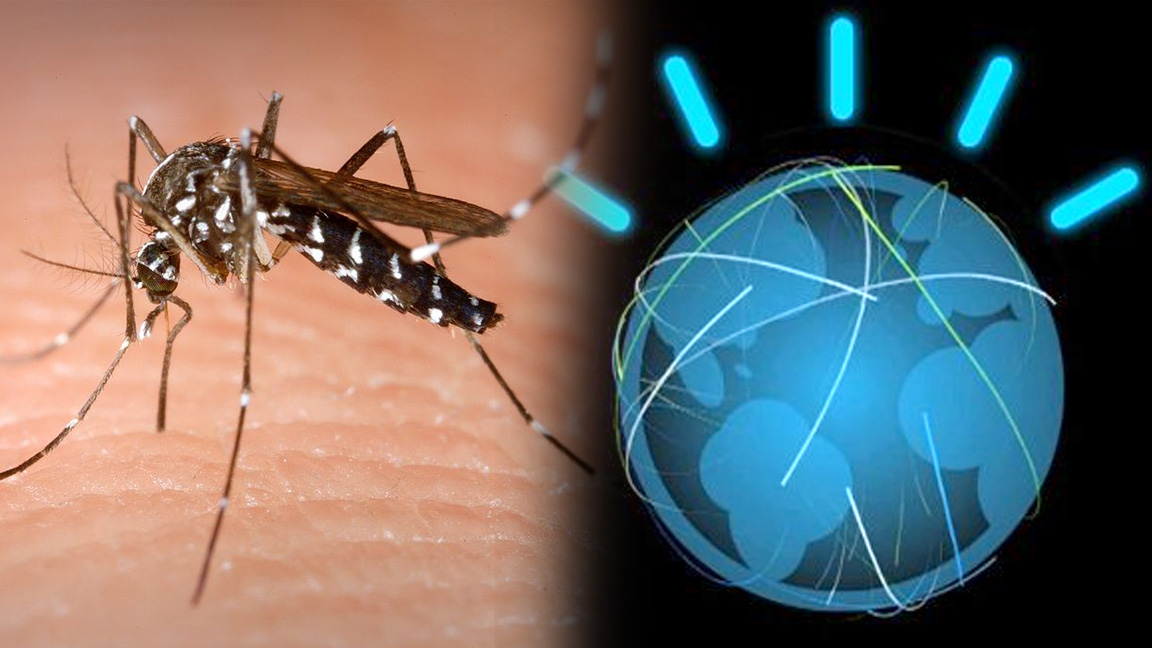IBM's Watson joins the fight against virii like Zika
The supercomputer could help counter viral diseases

IBM's supercomputer Watson is being put to work tackling devastating virus outbreaks like Zika.
IBM and its meticulous machine have teamed up with Singapore's Institute of Bioengineering and Nanotechnology to create a "macromolecule" that nullifies the troublesome virus' ability to mutate, Forbes reports.
Watson "is going to play a very key role" in developing the macromolecule for use in fighting the Zika virus, according to James Hedrick, lead researcher for advanced organic materials at IBM Research.
Watson's powerful analytics could prove useful in monitoring clinical trials, scouting out test candidates, and tracking the effectiveness of the compound in order to expedite its use in a Zika vaccine or treatment.
Viral threat
The macromolecule, created by IBM Research and IBN's bioengineers, latches to a virus, preventing it from infecting healthy cells, as well as reducing its ability to regenerate - thus dampening its ability to counteract treatments.
The chemical compound also contains mannose, a sugar that strengthens healthy cells in the immune system so it can better stave off the virus. If successful, the macromolecule could become a treatment for the disease, as the United States' CDC claims that hosts will more than likely become immune to Zika after beating an infection.
While IBM and IBN's solution has yet to be put to the test, the two are confident in their work after it proved effective against dengue 2 - a strain of dengue fever that's similar to Zika.
Get daily insight, inspiration and deals in your inbox
Sign up for breaking news, reviews, opinion, top tech deals, and more.
Spread primarily through fluid transfer - particularly mosquito bites - Zika virus disease can cause fever, rashes and joint pain in the victim. While the CDC reports that deaths from the disease in adults are rare, a graver concern is the rise in severe birth defects it causes.
The Zika virus' adaptive traits make it especially difficult for developed vaccines or medicines to contain it, resulting in the World Health Organization issuing a major public health concern and the CDC taking official action in February of this year.
If successful, Watson's work could also translate to other approaches for tracking, containing, and fighting infectious diseases using macromolecular treatments, such as Ebola, dengue and herpes simplex.
